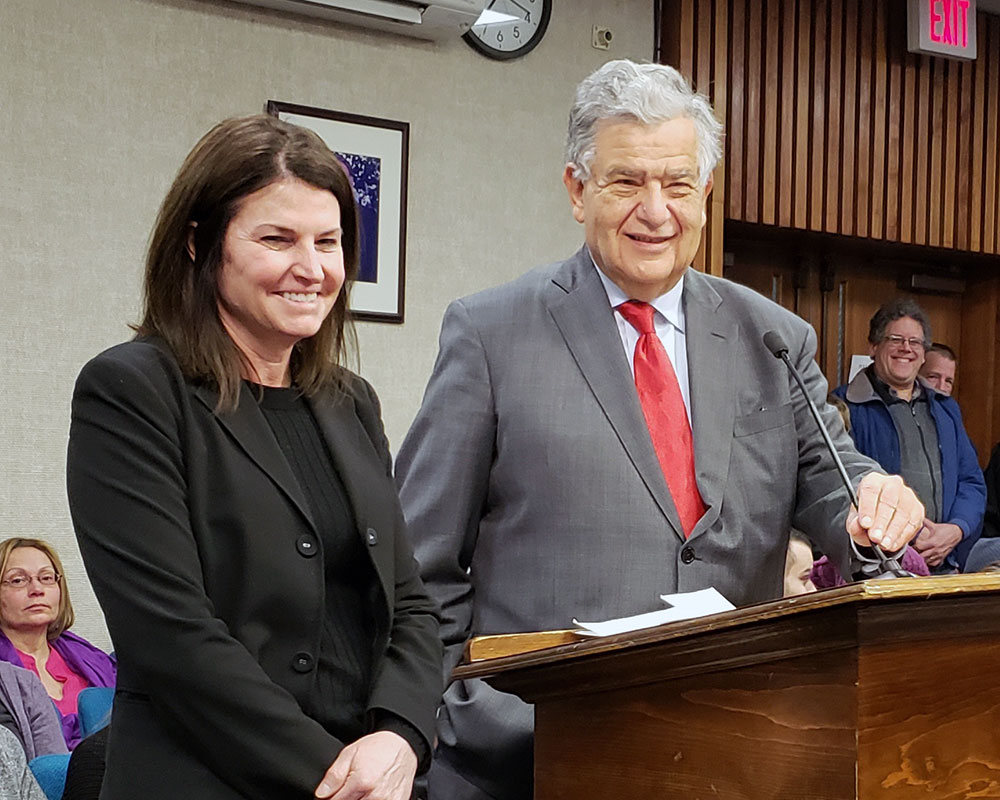In what could be a perfect storm scenario, the cost of providing special education will likely increase by a whopping 14% in 2024 while, at the same time, Haverhill schools could be facing a separate financial cliff in the coming year.
Speaking to the School Committee on Thursday, Deborah Ibanez, executive director of Special Education, said the state has approved a significant increase in the tuition rate schools must pay for students attending out of district.
“What they told us was that they are approving a 14% increase on out-of-district tuitions which include private schools and residential placements,” she said.
Ibanez noted tuition increases over the past decade have run between three-quarters of a percent to 2.72%. This increase, however, translates to an additional cost of $1.75 million to $2 million.
School Superintendent Margaret Marotta offered a small ray of hope, telling the Committee there could be some relief provided by the state.
“I think we’re hopeful that there may be some relief from the state, but we don’t have any commitment at this point of what that number may be. So, we kind of have to budget for worst case scenario and hope that something improves,” she said.
To add salt to that wound, the superintendent announced the administration is currently in negotiations for student transportation. The problem, however, is there is only one company bidding for the job.
“We are sort of in negotiations with NRT. They were the sole respondent to that bid and we are certain that in any scenario, they’re going to be higher than we would like.”
The Committee also raised the issue of Chapter 70 money from the state. Committee member Paul A. Magliocchetti said it appears, at this point, with just over $82.6 million in the coffers, there will be enough money to provide level services in the upcoming year.
Mayor James J. Fiorentini threw a note of caution at that figure, however, pointing out $8.7 million of that money comes from the Elementary and Secondary School Emergency Relief Fund, which was instituted during the pandemic and will run out in the next couple of years. The mayor said the city must be careful.
“About the fiscal cliff that approaches us in the next two years when the use of one-time ESSER money runs out. I think we are making a grave mistake using one-time money to hire people. We have to do our part as a School Committee not to use these funds for recurring expenses or there are going to be layoffs next year,” he said.
Committee Member Scott W. Wood Jr. agreed pointing out that the bulk of the costs facing educators revolves around staffing and needs to be addressed.

